Your gut contains about 70% of your body’s immune system. So, you need to ensure good gut health all the time. But how can you do that? Well, you can do that by avoiding the foods that affect your gut negatively and by consuming foods and supplements that bolster digestive health.
What foods cause damage to your gut and what supplements should you go for? Well, this is what the blog is all about. Below, we’ll list some common food items that are harmful to your gut. And in the end we’ll mention 2 most reliable supplements good for your gut health.
If you’re ready, let’s get started:
9 Food Items that are terrible for your gut health
The foods that negatively impact your gut health are as follows:
1. Processed foods
You might already know that processed foods aren’t good for us. They can really affect your digestive system pretty badly. A study showed that food items rich in emulsifiers affect the gut microbiota and lead to metabolic diseases. So, you must avoid such foods at all costs.
2. Sugar
Processed sugar, in particular, has a bad reputation. Sugar in any form can cause damage to your gut. According to a study, participants exhibited poor gut function and increased incidents of constipation while on a high sugar diet.
3. Soy
Soy is otherwise considered quite nutritious for our bodies. However, because of high levels of processing, its effects have changed. Soy can affect your gut microbiome in a negative manner by reducing the population of Bifidobacteria and Lactobacillus, both strains that are important for a balanced gut.
4. Gluten
Gluten is commonly found in barley and wheat. And if you consume such foods, it might lead to fatigue, bloating, and stomach pain. Also, research shows that if you cut gluten from your diet, you might experience lower obesity, inflammation, and insulin resistance.
5. Nightshades
No doubt, nightshade plants such as bell peppers, eff plants, and tomatoes are good for your health. However, these ingredients negatively impact your gut. So, make sure to avoid such food items if you’re suffering from gut or digestion problems.
6. Artificial sweeteners
Artificial sweeteners are usually calorie-less. However, artificial sweeteners can take a toll on your gut. It’s because such food items impact gut microbial composition, which can affect digestion. So, refrain from consuming any item that includes artificial sweeteners.
7. Red Meat
Red meat is known to impact your immune function, weight, and heart in a negative manner. It also has an ill impact on your gut health. So, you should avoid red meat consumption completely if you can.
8. GMO’s
Genetically modified crops were cultivated to resist pests and disease. Common examples of GMO crops are wheat, corn, and soybean. However, such crops can have a pretty bad impact on your gut. Study shows that GMO foods can reduce the population of good gut bacteria.
9. Corn
As you might know, corn is a common GMO harmful for your gut. If your region has naturally grown corn, you can opt for it. However, if it’s genetically modified as it is in the USA, you should stop consuming it.
How can you ensure good gut health?
Well, you can avoid the above food items and can rely on the supplements by Wellbeing Nutrition (WBN) as given below:
MELTS® HEALTHY GUT
Melts Healthy Gut is oral thin strips that ensure overall good health for your gut. It includes the following ingredients:
- Bacillus Coagulans (10B CFU)
- Digestive Enzyme Blend
- Protease
- Papain
- Bromelain
- Apple Cider Vinegar
With these ingredients, you can expect:
- Better digestion
- Better immunity
- Better metabolism
- Relief from acidity, gas, and IBS
- Improved nutrient abortion
In a nutshell, you can expect a better and healthier gut.
Who is Melts Healthy Gut for?
Melts Healthy Gut is for anyone who:
- Consume oily or fried food quite often.
- Is suffering from gut issues.
- Wish for a better and healthy gut.
- Is suffering from bloating, gas, indigestion, and acidity.
- Has bowel disorders or gut inflammation.
PROBIOTIC + PREBIOTIC
Probiotic + Prebiotic is a reliable supplement good for your gut microbiome. It’s a superior blend of Prebiotic fiber (clinically studied) and six active Probiotic cultures. And all this is what you need to ensure overall gut health.
Here are all the benefits you can get by consuming Probiotic + Prebiotic:
- Better gut health
- Better Immunity
- Radiant Skin
- Better digestion
- Relief from consultation and IBS
- Relief from Acidity and Gas
- Improved metabolism
Who is Prebiotic + Probiotic for?
Prebiotic + Probiotic is for anyone who’s suffering from poor gut health. In fact, it’s good for anyone who can’t actively take care of their gut.
Wrapping Up
People usually don’t consider what they’re eating. Unfortunately, this can lead to complications especially related to your gut. And you can not afford to damage your gut at any cost since your immunity and overall well being is dependent on it. So, make sure to avoid the above-mentioned foods.
However, if you can’t, you can include the given supplements in your daily diet. These supplements will counter the harmful elements and will ensure good gut health. Both Melts Healthy Gut and Prebiotic + Probiotic from Wellbeing Nutrition are safe, effective, and tested. So, you can rely on them.
References
- Vighi G, Marcucci F, Sensi L, Di Cara G, Frati F. Allergy and the gastrointestinal system. Clin Exp Immunol. 2008;153 Suppl 1(Suppl 1):3-6. doi:10.1111/j.1365-2249.2008.03713. x. (https://www.ncbi.nlm.nih.gov/pmc/articles/PMC2515351/).
- Kruis W, Forstmaier G, Scheurlen C, Stellaard F. Effect of diets low and high in refined sugars on gut transit, bile acid metabolism, and bacterial fermentation. Gut. 1991;32(4):367-371. doi:10.1136/gut.32.4.367. (https://www.ncbi.nlm.nih.gov/pmc/articles/PMC1379072/).
- Biesiekierski JR, Newnham ED, Irving PM, Barrett JS, Haines M, Doecke JD, Shepherd SJ, Muir JG, Gibson PR. Gluten causes gastrointestinal symptoms in subjects without celiac disease: a double-blind randomized placebo-controlled trial. Am J Gastroenterol. 2011 Mar;106(3):508-14; quiz 515. doi: 10.1038/ajg.2010.487. Epub 2011 Jan 11. PMID: 21224837. (https://www.ncbi.nlm.nih.gov/pubmed/21224837).












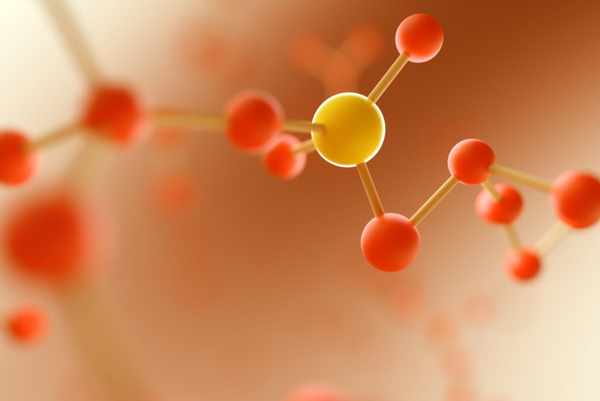

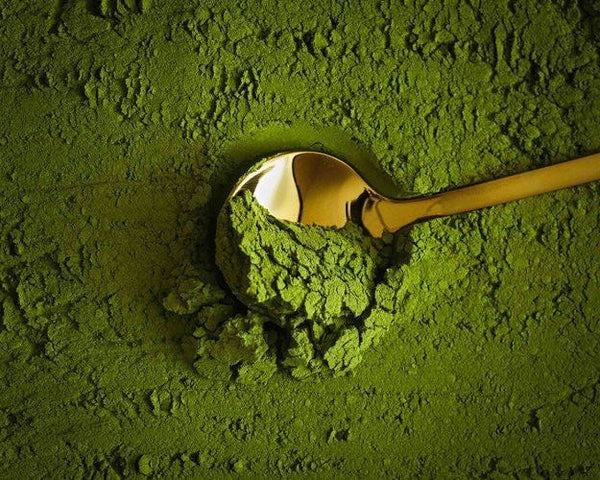
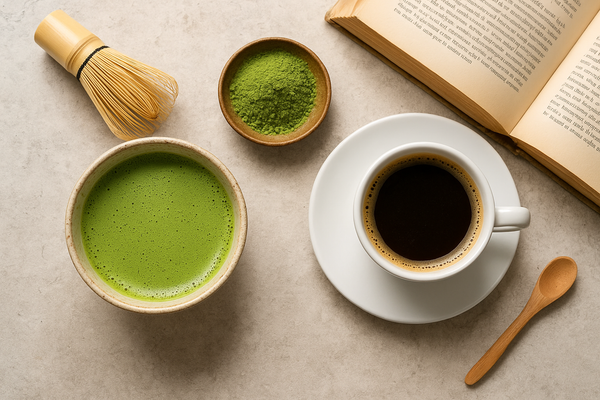
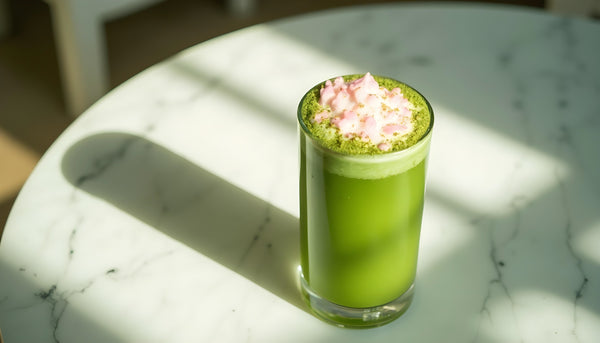
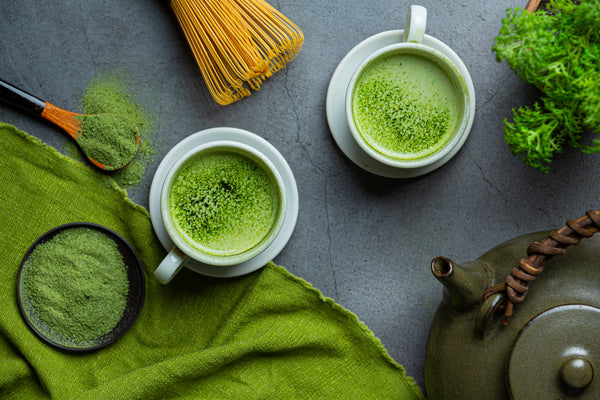

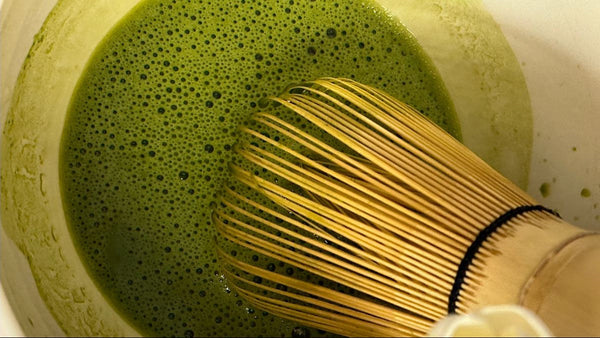
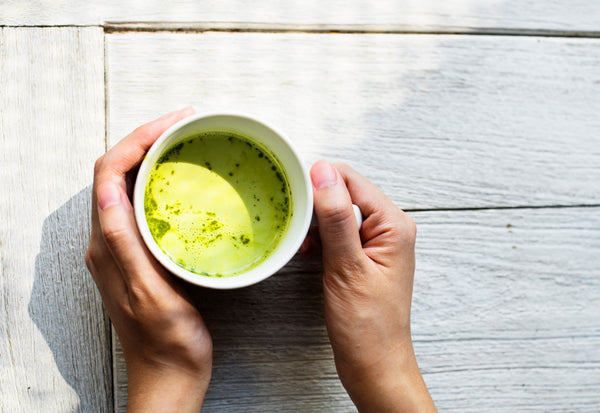






 DOWNLOAD NOW
DOWNLOAD NOW
